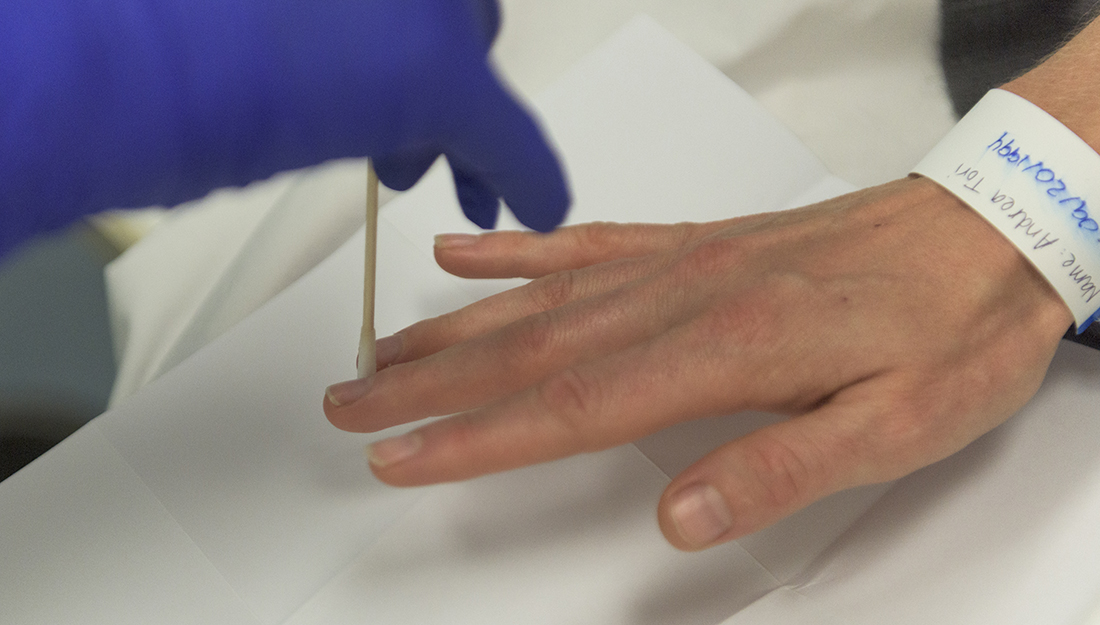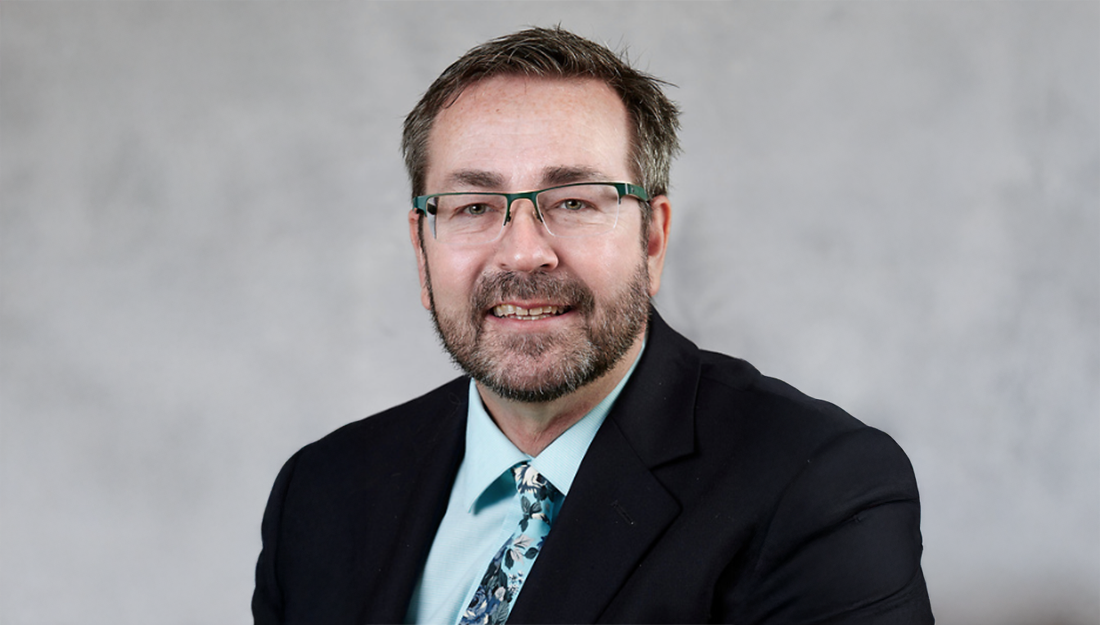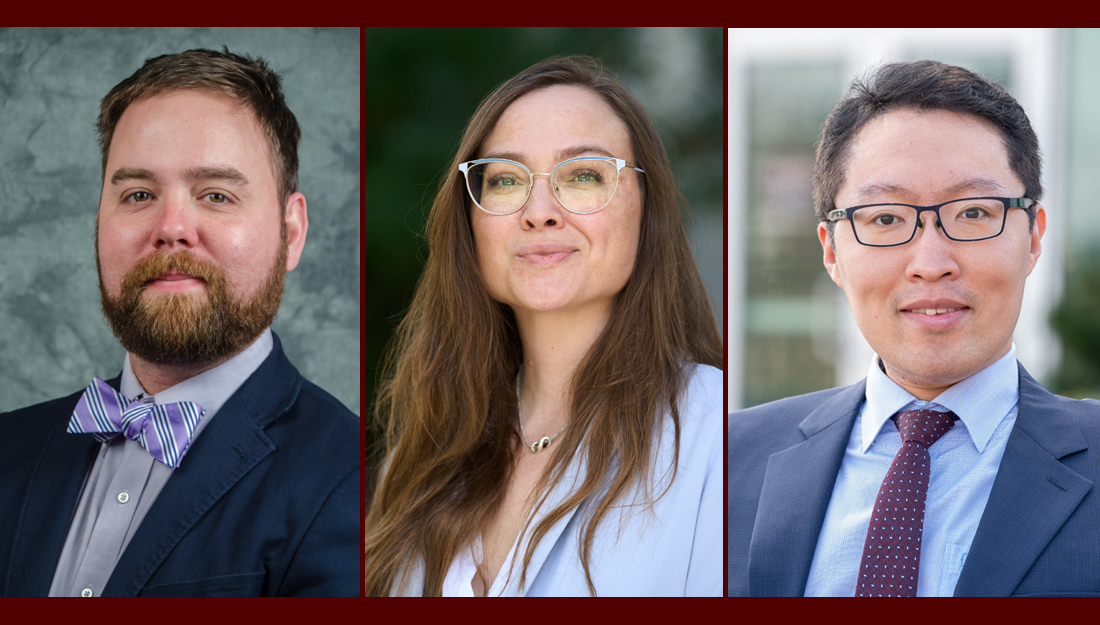State’s first telehealth program to share forensic nurses’ expertise

An act of intentional violence can occur in any place, at any time, and there is an alarming lack of certified sexual assault nurse examiners (SANEs) in Texas. The Office of the Attorney General of Texas (Texas Attorney General) selected Texas A&M College of Nursing to establish the state’s first telehealth video conferencing program utilizing SANEs to support health care entities in underserved areas where nurses do not have a forensic nursing background and lack much formal training in trauma-informed care.
Due to funds made available by the Texas Legislature for this initiative, the partnership provides $1 million for the college through the Center of Excellence in Forensic Nursing, recently approved by The Texas A&M System Board of Regents, to develop and implement the telehealth program over a two-year time frame. It is the result of legislation, SB 71, passed by the Legislature and signed into law by Governor Greg Abbott in June that creates a statewide telehealth center for sexual assault forensic medical examination.
Nurses located at two pilot sites in underserved areas—which will be confirmed over the next year with expectations of growth—will have the opportunity to receive SANE support via video conference while they conduct a forensic medical examination on a survivor of sexual assault. A certified SANE will walk them through the exam, offering step-by-step instruction in patient treatment that follows the Texas Evidence Collection Protocol, a standardized guide designed to support those interfacing with victims of intentional violence. Done through video conferencing technology, the nurse conducting the exam, as well as the patient, will be able to interact with the SANE verbally and visually on-screen.
Building a system of support
Reducing barriers to accessing patient-centered, trauma-informed care is at the heart of this initiative. “Victims of sexual assault are more apt to seek health care within their own community,” said Stacey Mitchell, DNP, MBA, RN, SANE-A, SANE-P, DF-AFN, FAAN. “If they are in an area without specialized nurses, we risk greater possibility of them choosing not to receive care at all, and we miss the opportunity to collect evidence of the assault.”
Mitchell and her forensic nursing team will spend the next year building the structure of the program by engaging fellow partners including the Texas Attorney General, Texas Association Against Sexual Assault (TAASA), the Children’s Advocacy Centers of Texas (CACTX) and attorneys with expertise in prosecuting sexual assault offenses. To support the initiative, three new staff members will join the college’s forensic nursing team to administer the program through the center of excellence, and 10 SANEs will be selected from respondents meeting certain criteria. They will have an on-call rotation and be provided with the technology to safely and securely connect with the health care providers they will mentor.
Addressing a critical need
Although telehealth programs similar in purpose exist in other states, Texas has a distinct challenge that others do not face: distance. To understand the scope of territory health care workers serve, Texas spans more than 265,000 square miles and has 838 hospitals publicly listed through the Texas Hospital Association. There are fewer than 400 certified SANEs statewide—fewer than two per publicly listed hospital—with a majority found in urban areas.
“We must acknowledge that the vast distance between hospitals and clinics with certified sexual assault nurses directly impacts our health care system’s ability to offer trauma-informed care,” Mitchell said. “Connecting nurses with little experience in sexual assault examinations with a subject matter expert helps foster confidence in their personal ability to complete the exam and supports a patient enduring trauma, both at the bedside and in court.”
Although it is common knowledge nurses provide immediate care, it is often overlooked they are called into the courtroom to testify and defend their actions in providing that care. Having an expert to guide an inexperienced nurse through the process helps reduce apprehension and ensure a patient’s right to health and justice is not dismissed due to a lack of proper care.
Initiating the video conference technology directly addresses the distance barrier, creating an opportunity for those providers without a technically trained SANE on-site to have access and utilize the expertise of an expert located remotely.
Expanding the network of telehealth services
The Texas A&M Health Science Center has already embraced the positive implications technology has in providing expert care at a distance, in particular with addressing the opioid crisis and expanding opportunities to those in need of mental health services. Adding a network of SANEs to serve patients across the state virtually supports the Health Science Center and college’s missions to engage community partners to increase access to care.
“As leaders in forensic nursing research, provision of care and education, we are grateful for the opportunity to support TAASA and the Texas Attorney General’s Office by creating this program from the ground up,” said Dean Nancy Fahrenwald, PhD, RN, PHNA-BC, FAAN. “We are aware, firsthand, of the significant impact this telehealth program will have in providing trauma-informed care to survivors of sexual assault and are confident this program will grow to be a statewide network of experts supporting fellow care providers.”
Effective September 2019, the college has initiated development of the program and will provide status updates to the Texas Attorney General over the course of the next year with implementation set for September 2020. Being selected to establish this program allows the college to apply for and secure grant funding to increase the number of sites and employ additional SANEs to serve as experts for those sites.
Media contact: media@tamu.edu


